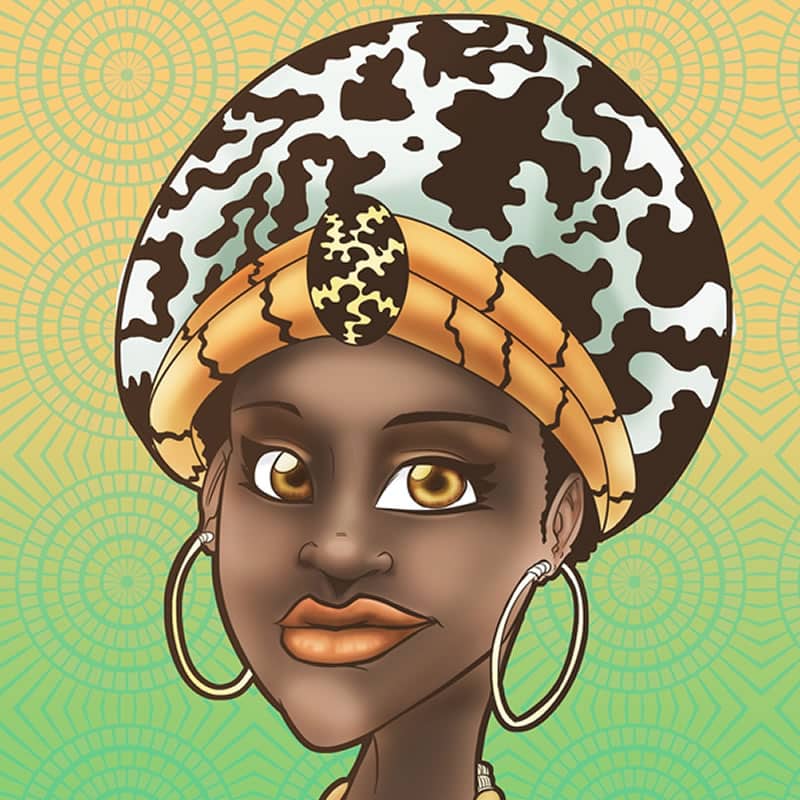Cultural Relationships
by Subomi Plumptre

Every man & woman should read this.
I have been in a few relationships and observed many more. I also manage a therapy platform inspired by a relationship mentoring column. My experience with therapy means I am aware of the dark underbelly of Nigerian relationships. I am slightly disillusioned as I now understand why some Nigerians premise relationship conversations with, “All women are…” or ” All men are…”. Sadly, some of the generalisations are true. Like rape. Like abuse. Like divorce. Like addiction. I was confronted with statistics and real life experiences, not hearsay.
A nation is a reflection of the Fruit Principle – “By their fruits, you shall know them”. If the family is the basic unit of society; when society is rotten, we must investigate the families that produced the fruits. When we hear complaints about the behaviour of women or men in Nigeria, we should remember that the individuals did not spontaneously generate like amoebic unicellular cells in a petri dish. Their parents produced them. When we observe corruption or a lack of law & order; when we hear of greed of gargantuan proportions or observe relationship dysfunction; know that before our politicians ever failed us, the family unit in Nigeria failed us first.
What is it about our culture that produces these dislocations? By culture, I am not referring to history, arts & crafts, language or food. And, I do not mean homespun values. Values aren’t exclusive to any culture. Honesty, hard work and respect (to name a few) are the same in Nigeria or Japan; whether you’re black or white. They are not Nigerian values. They are values, period. But, culture is specific. It is the predominant way of thinking in society or the commonly accepted way of behaviour of a people.
In Nigeria, we have a culture of love for food, fun and family which is good. But, we also have a culture of corruption, self-aggrandizement, malice and “juju” which is bad. There’s a generation of Nigerians who have never experienced 24 hours of electricity or enjoyed a time when Policemen didn’t demand bribes. They grew up believing “transport money” is what a man gives to a woman after he’s been intimate with her or that men cheat and cannot be monogamous. That is the culture of Nigeria to them.
I used to blame churches once upon a time, for many of the ills in society. Based on the Salt & Light Principle, anytime society runs down, it means its spiritual salt has lost its savour and its light has grown dim. Then, I blamed the media and the influx of western content. But now, I’m forced to consider other factors closer to home. Church members and pastors come from families.
Research posits that family upbringing and peer pressure are stronger than media in determining a life’s outcomes. Here’s the relevant quote: “Parents and peers play a much greater role than media in how teenagers’ moral values around sexuality develop over time. When information from parents or schools is lacking, media may (then) become the only source of information on sexuality.” Researcher, Christopher Ferguson of the Stetson University.
Churches are not abstract buildings. Even God struggles with family programming and cultural mindsets. Sometimes that conditioning leads to God’s word falling on rocky or shallow soil and there’s very little fruit. Internal family forces and external environmental factors work hand-in-hand. You cannot build your family and then thrust its members into a dangerous world ill-suited to their progress and well-being. Society will devour them.
Now to be fair, there are many beautiful families and even more wonderful marriages. But I wish the couples would speak up. I wonder what they are hiding. Maybe they are afraid of “world pipu pouring sand sand in their garri”. And anyway, bad news spreads faster than good news. Good people have thus ceded cultural narratives to the ill intentioned. Perhaps, they have then lost the moral authority to complain.
Now back to our parents. Where did they seemingly go wrong? I’m not sure they knew any better. My parents for one, did everything they could and knew how to do. How could they have envisioned the new economic pressures adults now face? How could our parents have fully prepared us for the multiple dating and sexual options that mobile phones provide? My parents never had a conversation about sex with me. I learnt on my own.
I think the greatest disconnect is that our parents prepared us for their own cultural milieu; not the one that now exists. The world has changed. People now prioritise different things. Even gender roles are evolving and people expect more from relationships than what our parents endured and settled for. People are no longer silent about the abuse their own parents previously suffered in silence.
Social media has become an amplifier of discontent. Society no longer judges people who walk out of abusive marriages or celebrities who become baby mamas and dadas. All of these dislocations have social implications. Values may be timeless but culture is dynamic and changes in response to knowledge and macro-economic forces. Those who insist otherwise will find themselves ill-equipped to relate to or raise their own children.
There’s another perspective we should consider. I travel a bit and one of its benefits is that I interact with people from different cultures. The way relationships are practiced in Asia or America is quite different from Nigeria. Let me generalise. In America, I noticed that “one-night-stands” are a cultural reality and people know the “rules”. It is a narrative sold in TV shows, songs and novels. In Asia, marriage (much like in Nigeria) is an extended family affair. It isn’t uncommon to see young couples bringing their parents and grandparents to live with them.
The challenge is, the world in now a global village. A young Nigerian child may go abroad to study and during his time there, pick up elements of new cultures and drop off some elements of his home culture. By the time he returns, he’s conflicted and feels dislocated. For example, he can no longer relate to the “rape culture” in Nigeria and wonders about the level of misogyny on open display. A young Chinese woman goes to America to study but refuses to return home. She fears that back home, her culture may not allow her to attain the same potential in the workplace as her American colleagues. Knowledge never leaves a soul unchanged. It exposes cultural limitations but also elevates its inherent beauty. And there are many beautiful aspects of culture.
In Nigeria, things take on deeper dimensions within the traditional home setting. Historically, men and women were brought up differently. They rarely interchanged domestic responsibilities and so some never learnt basic survival skills. They were not held to the same values standards, especially with regards to copulation. Now two genders with wildly different ideologies are expected to dwell together in harmony. This is expected in a world with options; where people are no longer averse to dissent. I daresay the distrust, bitterness and anger displayed in our social media gender wars have reached alarming levels. How can people who are so angry at each other (and secretly despise each other) be expected to love one another? You see why divorce rates will keep rising unless we do something?
I do not believe in stuffing issues under the table. I strongly believe that men and women in Nigeria must have honest no holds-barred conversations about the cultural constructs that hold us back. In case you haven’t noticed, our nation is falling apart and will keep disintegrating unless we urgently intervene. We can blame our leaders but they emerged from among us.
Nigerian parents prepared children for their own cultural milieu; not the one that now exists. Share on X Knowledge never leaves a soul unchanged. Share on X We mustn't hesitate to expose the limitations of culture while elevating its inherent beauty. Share on X The distrust, bitterness & anger displayed in gender wars have reached alarming levels. Share on X We must have honest conversations about the cultural constructs that hold us back. Share on X If men and women would dialogue in humility, they could then walk together in unity. Share on X


